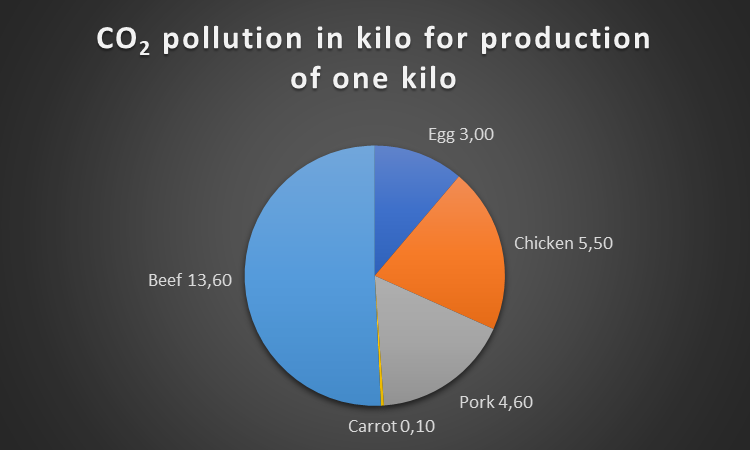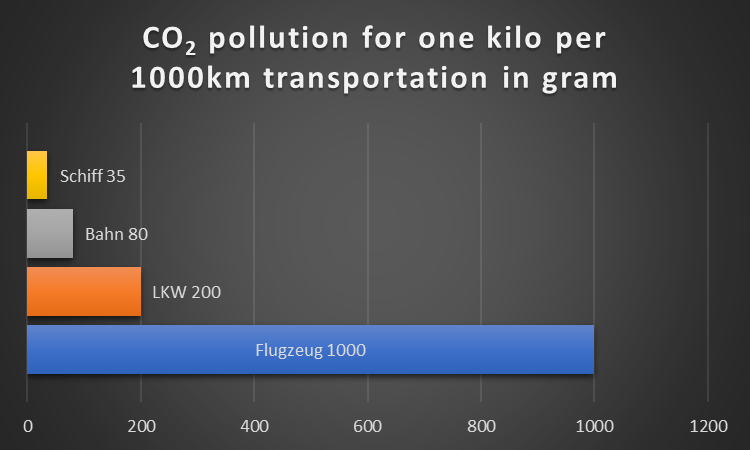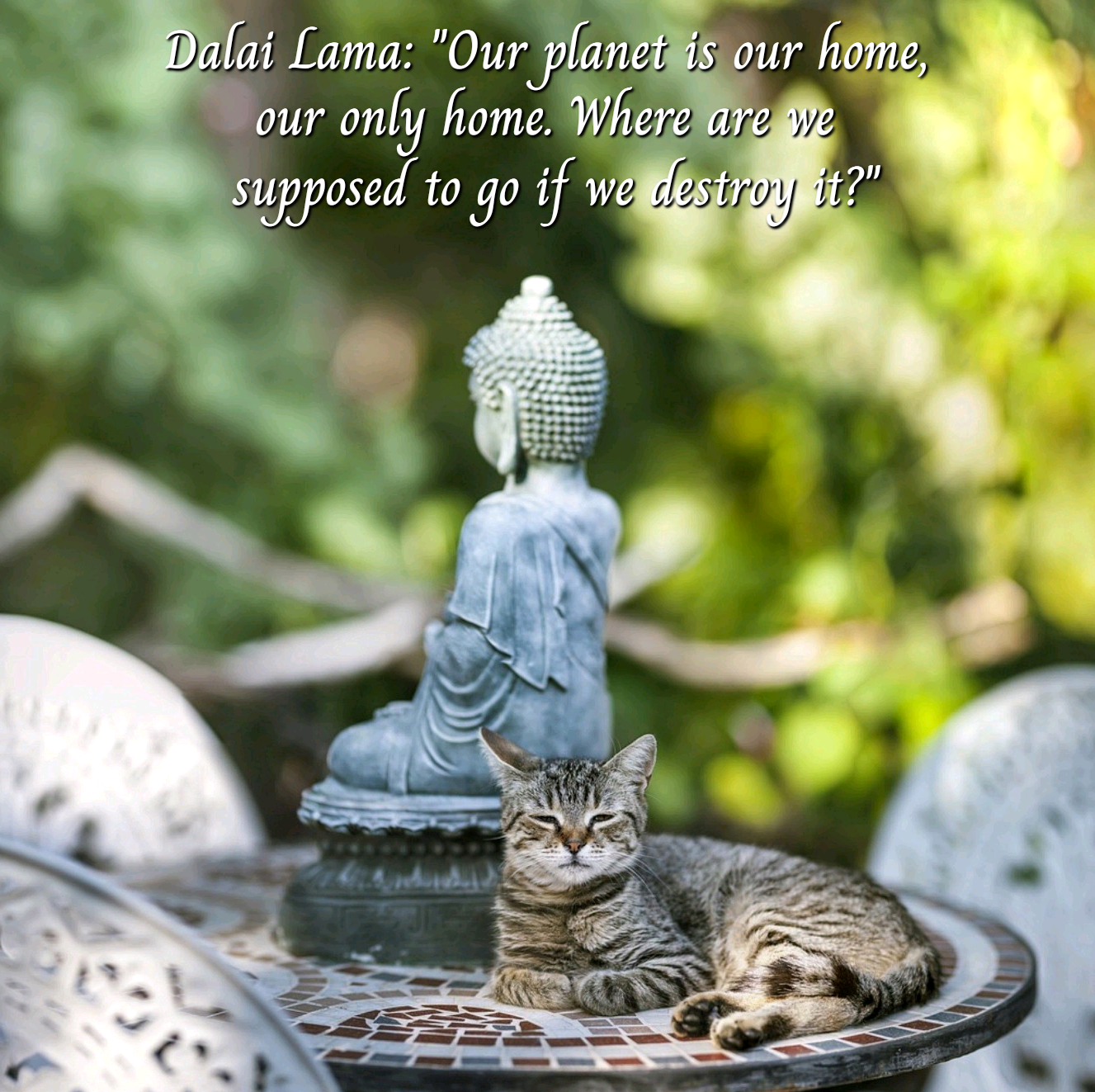
Background to the Code of Conduct
We are a young company. Structures and processes are still being developed. That’s why we were so proud when we were able to publish our Code of Conduct some time ago.
Click here for the code of conduct

In this context, the question may have arisen as to why some points were included. At this point, I would like to invite you all to get in touch with Christian or Adela if you have any questions about this (or in general). In the meantime, we would like to select one point from the Code of Conduct and take this opportunity to explain the background to it.
The most climate-friendly diet is vegan, organic, regional and seasonal. That’s why we make sure we eat as well as possible on company trips and at company events.
The ecological footprint of nutrition
The most important goal of sustainable action is to ensure that neither current nor future generations and neither our homeland nor other regions are harmed. Of course, politics and industry must play their part. But we don’t always have any influence over this, and it often takes a long time for positive changes to occur. In this context, it is gratifying to learn that everyone can start living more sustainably right away. Saving our planet and the climate starts in our heads and, in this case, on our plates. This article is not about the ethical or health-related background to our food – but exclusively about the effects of our own diet on our planet.
What does “climate-friendly nutrition” mean?
This term can be broken down into various aspects. The most important ones should be mentioned here. We, as a product of our society and time, can try to eat in a climate-friendly way. However, it is always difficult to include all aspects. This is partly due to the consumer-oriented market economy, which is always about optimizing or maximizing profits. The fatal flaw here is the failure to include the “true price” of a product as a calculation value – the true costs1. This calculation should include all costs and consequential costs that arise in connection with the manufacture of the product, such as agricultural emissions, energy consumption or changes in land use. It is estimated that the hidden costs of food worldwide amount to around 12 trillion US dollars per year2. However, this omission should not prevent us from making a genuine attempt to feed ourselves in a climate-friendly way. It is worth paying particular attention to the following aspects:
Organic3
This term has an image problem. Unfortunately, we keep hearing that this term is used for greenwashing and that organic farms do not adhere to the requirements. So you might as well reach for the cheaper conventional products in frustration. Wouldn’t you? Better not, because: Organic is better for … … wildlife – everyone has heard about insect mortality and species decline. Yet humans are dependent on pollinating insects. Of the 107 most commonly cultivated crops worldwide, 91 are pollinated by insects4. Consuming conventional products means destroying our own livelihood in the medium and long term. …the soil – what perhaps not everyone knows is that our soils are ingenious CO2 reservoirs! They therefore make an enormous contribution to climate protection. But only if you let them. This means: varied crop rotations and humus build-up, no synthetic chemical pesticides and fertilizers, no digging5. Conventional farms do not pay attention to these important criteria, which leads to soil degradation. The consequences include erosion, soil infertility, sealing with the risk of flooding or soil loss6. … for the water – organic farming results in less pesticides, nitrogen and nitrate entering our waters3,5
Vegan7
It’s no longer a secret: animal-based foods are not sustainable – not even in organic quality. Animals have to be fed and cared for in order to produce meat. This consumes around 60% of the agricultural land in Germany and means considerable water consumption. The residues of pharmaceuticals from intensive livestock farming pose a threat to ecosystems on land and in water3. In order to feed the many farm animals, rainforests are cut down to grow fodder crops, often genetically modified. This requires additional resources such as water and the use of pesticides and fertilizers, which damage the soil, water and biodiversity in the long term.

Regional
The transportation of food causes greenhouse gases that further heat up the climate. It is clear that the further the product has to travel, the more greenhouse gases are produced. That’s why food from your own region is usually the better choice8,9. However, the term “regional” is not protected. At the end of the day, no one can take away your decision on how far you limit your personal radius. The grapes from the farmer next door are certainly the best. If there are none, the grapes from Italy are better than those from Chile.

Seasonal
Out-of-season fruit and vegetables mean that they have either been brought from further away or stored in a cold store. Both have a poor climate footprint.7 You can download your seasonal calendar (for Germany) for each month here:
https://utopia.de/ratgeber/saisonkalender-fuer-gemuese-obst/
And another seasonal calendar:
https://www.wwf.de/fileadmin/fm-wwf/Publikationen-PDF/Kampagne/Saisonkalender-Essen-im-Rhythmus-der-Natur.pdf
Summary
Even if it takes some time at the beginning to get the hang of it: it’s worth it! Our actions have a greater effect than we think – each individual decides whether this is positive or negative. Even those who choose not to think about it are making a decision that has an impact on our planet. CyberShield wants to consciously take responsibility and actively thinks about the impact of its actions – not only, but also in terms of its ecological footprint. Because we at CyberShield have recognized This planet is our only home. Anthropogenic climate change can no longer be denied. If we want to secure a future worth living for ourselves and future generations, we should not point the finger at others and demand changes from them. Instead, we must roll up our sleeves ourselves and act accordingly where possible. The passage “The most climate-friendly diet is vegan, organic, regional and seasonal. That’s why we make sure we eat accordingly on company trips and at company events as much as possible. ” is one of several measures that CyberShield implements to keep its ecological footprint as small as possible.




